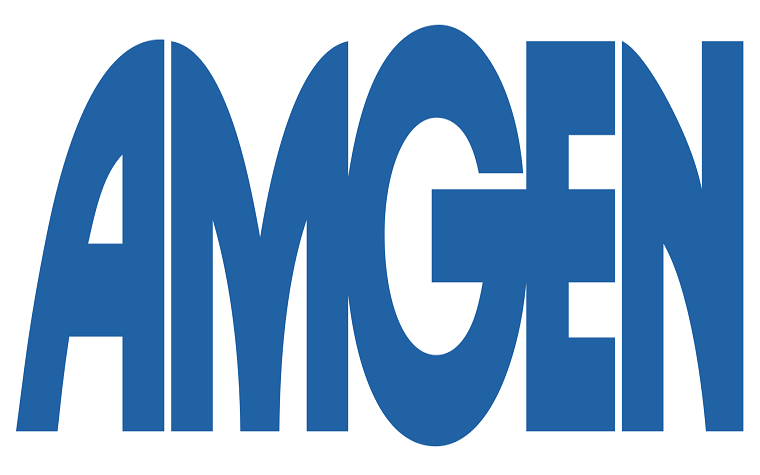Amgen Inc. issued the following announcement on June 1.
Amgen (NASDAQ:AMGN) today announced results from the Phase 3 A.R.R.O.W. trial of a once-weekly KYPROLIS® (carfilzomib) dosing regimen in patients with relapsed and refractory multiple myeloma. In the trial, KYPROLIS administered once-weekly at 70 mg/m2 with dexamethasone (once-weekly Kd) achieved superior progression-free survival (PFS) and overall response rates (ORR), with a comparable safety profile, versus twice-weekly KYPROLIS at 27 mg/m2 and dexamethasone (twice-weekly Kd). These data were presented during an oral session at the 54th Annual Meeting of the American Society of Clinical Oncology (ASCO) and simultaneously published in The Lancet Oncology.
"Proteasome inhibitors, like KYPROLIS, are essential in treating patients with multiple myeloma and have helped improve patient outcomes," said Maria-Victoria Mateos, M.D., Ph.D., director of the myeloma unit, University Hospital of Salamanca-IBSAL in Salamanca, Spain. "The A.R.R.O.W. trial showed that when given once per week at the higher dose of 70 mg/m2 with dexamethasone, KYPROLIS achieved superior progression-free survival and overall response rates, with a comparable safety profile, versus the twice-weekly regimen."
The KYPROLIS clinical program continues to focus on providing solutions for physicians and patients in treating this frequently relapsing and difficult-to-treat cancer. A.R.R.O.W. is the first and only randomized Phase 3 head-to-head trial to compare two different dosing schedules of KYPROLIS.
"Through our patient-centric approach, we strive to improve outcomes and experience for patients with multiple myeloma," said David M. Reese, M.D., senior vice president of Translational Sciences and Oncology at Amgen. "Results from A.R.R.O.W. show patients can benefit from receiving KYPROLIS with a once-weekly dosing schedule. We have engaged with regulatory agencies and look forward to filing as soon as possible to potentially expand our label to include this option for patients with relapsed and refractory multiple myeloma."
A.R.R.O.W. included 478 patients with relapsed and refractory multiple myeloma who received two or three prior lines of therapy, including a proteasome inhibitor and an immunomodulatory agent (IMiD). Patients in the trial treated with once-weekly Kd achieved a statistically significant 3.6 month improvement in PFS compared to the twice-weekly regimen (median PFS 11.2 months for once-weekly Kd versus 7.6 months for twice-weekly Kd; HR=0.69; 95 percent CI: 0.54-0.88; one-sided p=0.0014).The ORR in patients treated with once-weekly Kd was 62.9 percent versus 40.8 percent for those treated with the twice-weekly regimen (p<0.0001). In addition, 7.1 percent had complete responses or better in the once-weekly arm versus 1.7 percent in the twice-weekly arm in this refractory patient population.
The overall safety profiles of the two arms were comparable, with no new safety risks identified in the once-weekly arm. The most frequently reported treatment-emergent adverse events (greater than or equal to 20 percent) in either treatment arm were anemia, diarrhea, fatigue, hypertension, insomnia and pyrexia.
Original source can be found here.











 Alerts Sign-up
Alerts Sign-up